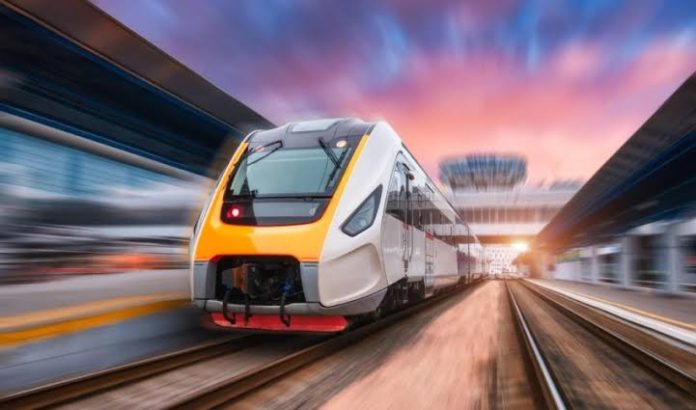The city of Lahore is set to take a major leap forward in sustainable urban transport with the upcoming launch of the Yellow Line Electric Transit Project. This initiative, led by the Punjab government, reflects a broader commitment to environmentally friendly infrastructure and improved public mobility for one of Pakistan’s busiest metropolitan areas.
The Yellow Line will span approximately 24 kilometers, stretching from Thokar Niaz Baig to Harbanspura. Once operational, it is projected to accommodate nearly 130,000 passengers on a daily basis, significantly reducing the burden on existing transportation systems and enhancing commuting efficiency across the city.
With an allocated budget of PKR 80 billion, this project is not only a step toward easing Lahore’s chronic traffic congestion, but also a strategic effort to combat rising pollution levels by reducing reliance on fossil-fuel-powered vehicles. By encouraging the use of electric-powered mass transit, the Yellow Line is expected to play a key role in lowering carbon emissions and promoting cleaner air in the urban environment.
As part of the project, 20 electric train sets are expected to be procured from China, pending final regulatory and technical approvals. These modern electric trains will be equipped with energy-efficient systems and are designed to offer a safer, faster, and more comfortable commuting experience.
According to planning authorities, the project’s completion timeline is set between September 2025 and June 2026. Once completed, the Yellow Line will represent a milestone in Pakistan’s urban development landscape, offering a model for future transit systems in other major cities.
This ambitious undertaking underscores Lahore’s growing focus on modern infrastructure, smart city planning, and long-term environmental sustainability.


